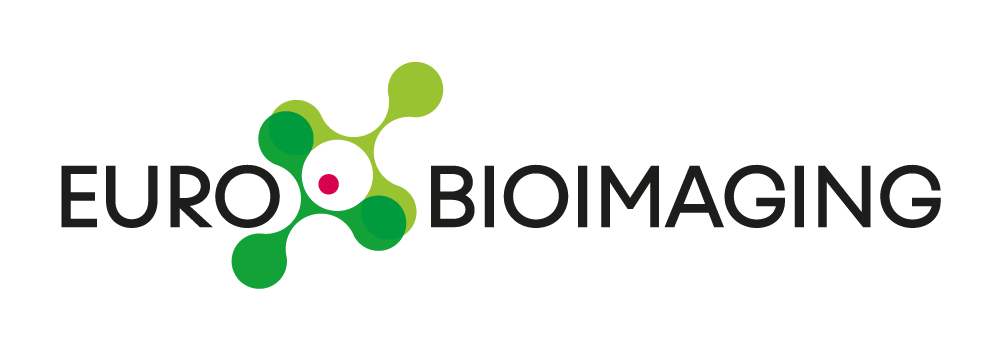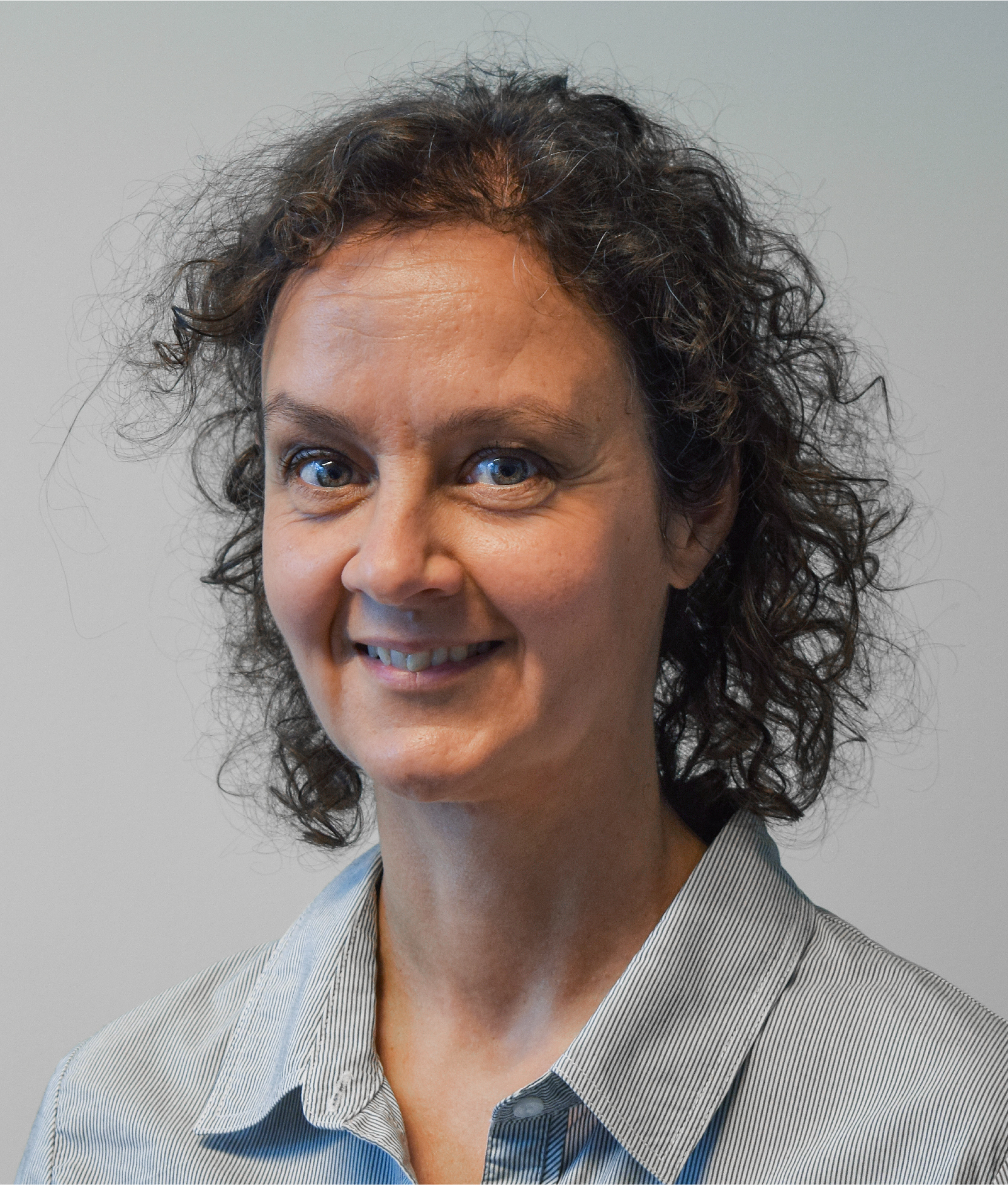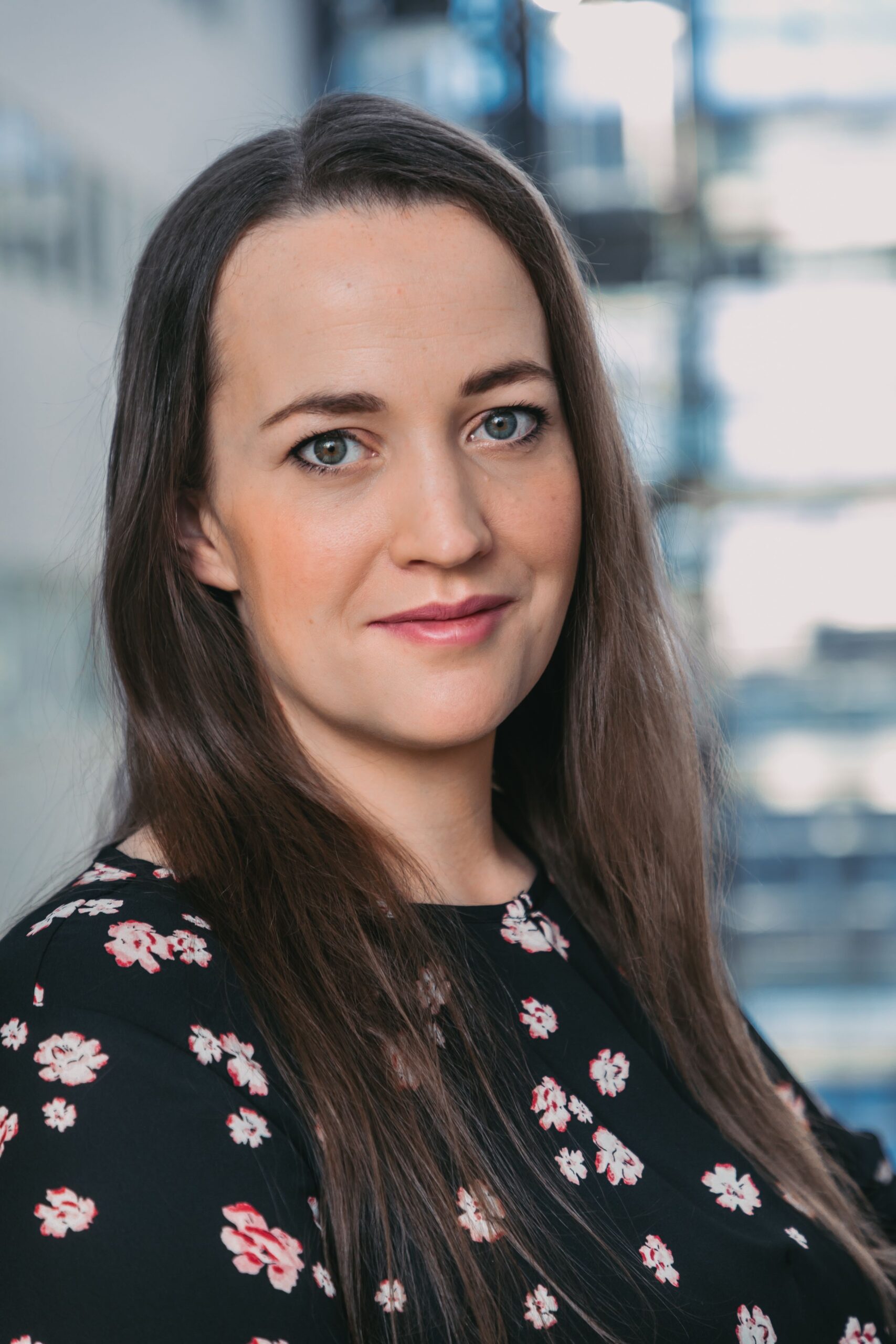Euro-BioImaging ERIC is a European research infrastructure consortium (ERIC) that offers open access to state-of-the-art imaging technologies, training, and data services in biological and biomedical imaging.
Through Euro-BioImaging, life science researchers will receive help planning imaging projects, assistance in implementing advanced biomedical imaging applications, and advice on what kind of cutting-edge imaging instruments would be best suited for a particular purpose and research project. The services also include expertise related to special methods and techniques, ample training opportunities for both users and service providers, and unique data analysis and data management services.
All scientists, regardless of their affiliation, area of expertise, or field of activity can benefit from these pan-European open access services, which are provided with high quality standards by leading imaging facilities.
The Euro-BioImaging mission:
– Open access across country borders to top-notch biological and biomedical imaging facilities offering their technologies and services
– Open access to advanced training, and support, that ensures correct and productive use of the technologies to maximise the output of the research projects. Guidance is available for all aspects of the imaging pipeline, from study design to image capture.
– Open access to computational services for handling and quantitative analysis of the large amounts of digital imaging data produced.
Imaging technologies are the central technology platform driving research in life sciences. Euro-BioImaging contributes to discoveries in health, food security, plant biology, marine ecosystems, the environment, and beyond. Euro-BioImaging promotes FAIR image data, enabling cross-disciplinary research via integration with other data types.
Euro-BioImaging ERIC is a joint effort of 16 member countries, the international organization EMBL. Euro-BioImaging ERIC is managed by the tripartite Hub, that consists of Finland as the statutory seat, EMBL as the biological imaging coordinator (Bio-Hub) and host of general data services, and Italy as the biomedical imaging coordinator (Med-Hub).
Euro-BioImaging services are provided by 35 Nodes (comprising over 173 renowned imaging facilities), that are distributed across Europe. These services can be accessed by all scientists in need of imaging technologies through the Euro-BioImaging Web Portal www.eurobioimaging.eu.
Euro-BioImaging is a strong partner in cross-RI projects, such as the successfully concluded cluster project CORBEL and the ongoing EOSC-Life cluster project. Thereby, Euro-BioImaging enabled cross-cutting interdisciplinary projects, which allowed the users to advance in their research and to open new avenues in science. EOSC-Life started in March 2019, connecting the 13 ESFRI research infrastructures in the Health and Food domain to create an open collaborative digital space for life science in the European Open Science Cloud.
Euro-BioImaging also has strong international connections with imaging communities and infrastructures around the world, via the Global BioImaging network (www.globalbioimaging.org/). In fact, Euro-BioImaging is a founding partner of Global BioImaging, which also comprises partners in Africa, Australia, India, Japan, Singapore and North & South America. Via this network, Euro-BioImaging contributes to shaping the international discussion on the key role that Research Infrastructures and imaging technologies play in advancing the Life Sciences and leads capacity building efforts in science globally.
Role of institution in the project
Euro-BioImaging ERIC is actively involved in WP2 (Task 2.1), WP5 (Task 5.5), WP7 leading Task 7.1 and WP8 (WP-Leader), by contributing to the identification of health data providers, preparation of open calls for data incorporation use cases and contributing to the definition of the long-term maintenance and expansion of the platform.




